What makes this New Zealand beach a whale graveyard?
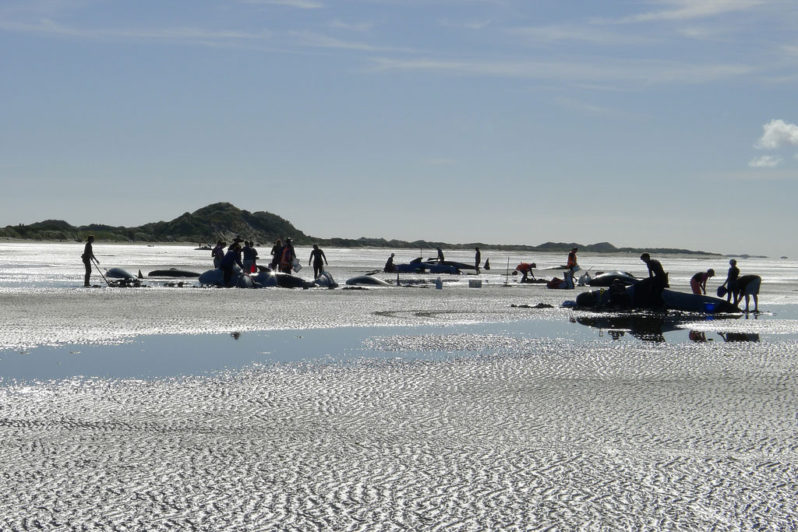
Each year locals from Golden Bay at the top of New Zealand’s South Island know to expect a whale beaching at a narrow strip of sand curving into the Cook Strait, known as Farewell Spit.
650 whales stranded on New Zealand coast
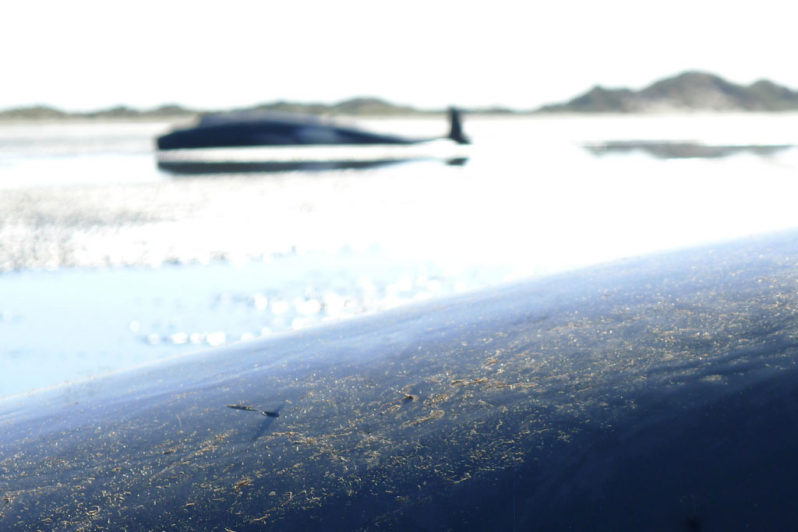
A new pod of 240 whales swam aground at a remote New Zealand beach on Saturday just hours after weary volunteers managed to refloat a different group of whales following an earlier mass stranding. In total, more than 650 pilot whales have beached themselves along a 5 kilometer (3 mile) stretch of coastline over two days on Farewell Spit at the tip of the South Island.
Warm Pacific water blamed for vast seabird die-off
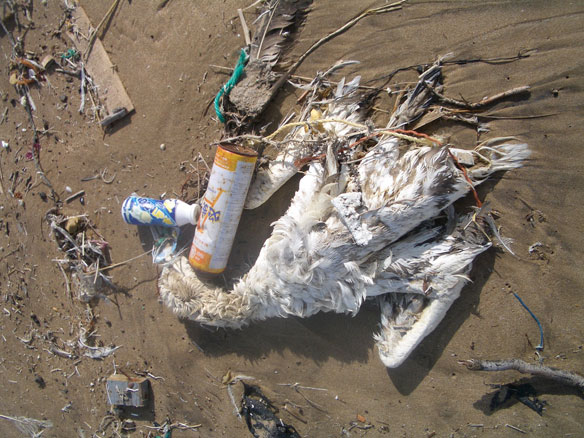
A year after tens of thousands of common murres, an abundant North Pacific seabird, starved and washed ashore on beaches from California to Alaska, researchers have pinned the cause to unusually warm ocean temperatures that affected the tiny fish they eat.
More than 400 whales beach themselves in New Zealand
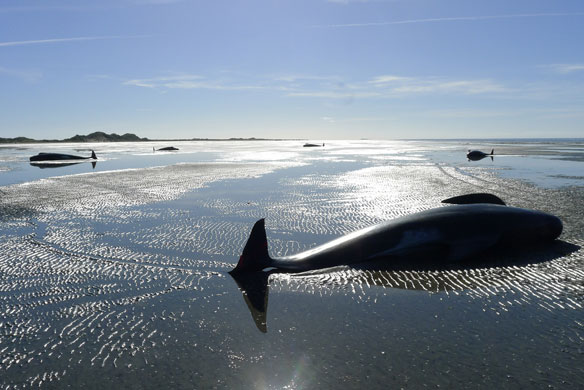
New Zealand volunteers formed a human chain in the water at a remote beach on Friday as they raced to save dozens of whales after more than 400 of the creatures beached themselves in one of the worst whale strandings in the nation’s history.
Whale found dying off coast of Norway with 30 plastic bags in its stomach
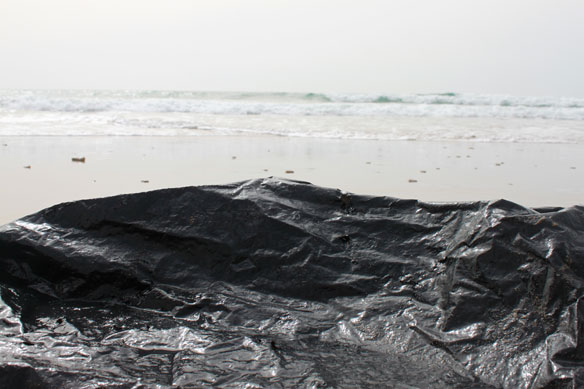
Scientists in Norway found more than 30 plastic bags and other plastic waste inside the stomach of a whale stranded off the coast.
U.S. agency says no to requests for ocean surveys with airguns
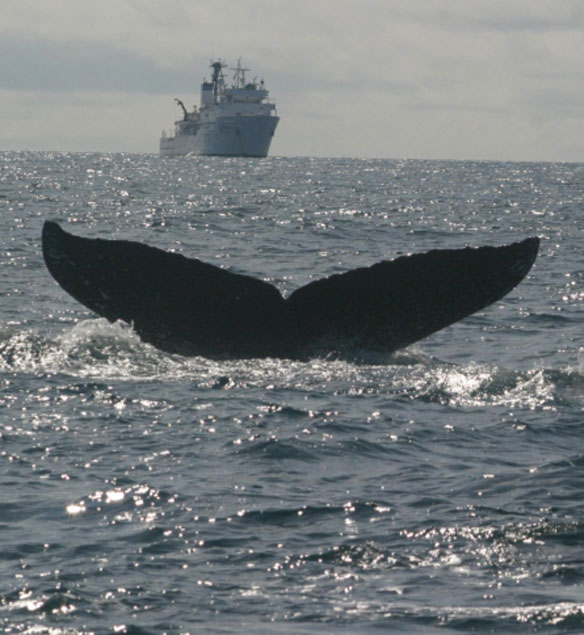
Federal officials have turned down six applications to use airguns to look for undersea sites that might yield oil and natural gas up and down the East Coast, on the ground that the risks to marine life outweigh the potential benefits of seismic surveying along the Outer Continental Shelf.
Humpback habitats off Madagascar revealed as energy exploration ramps up
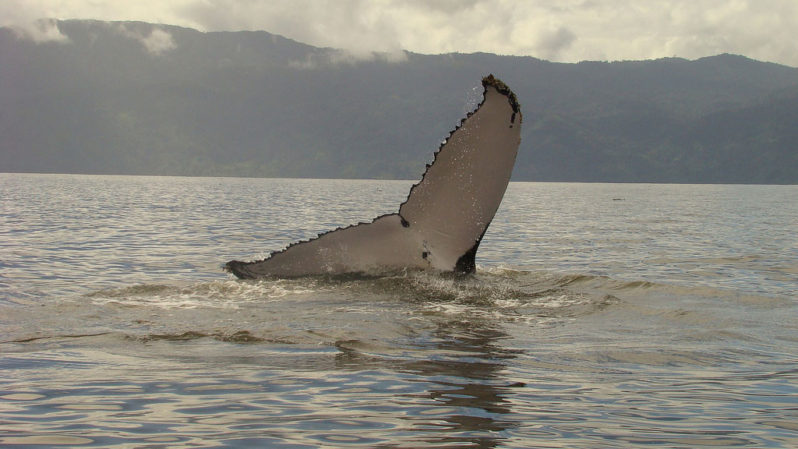
How humpback whales use marine habitats off the eastern coast of Africa is only partially understood, and that has become a conservation concern as offshore energy exploration expands in the region.
Up to 20,000 dead fish, other animals washed up on Nova Scotia coast

The carcasses of thousands of sea creatures have mysteriously washed up on the western coast of Nova Scotia, and the Canadian authorities said they have no idea why.
Busy Times at the World’s Largest Polar Bear Prison
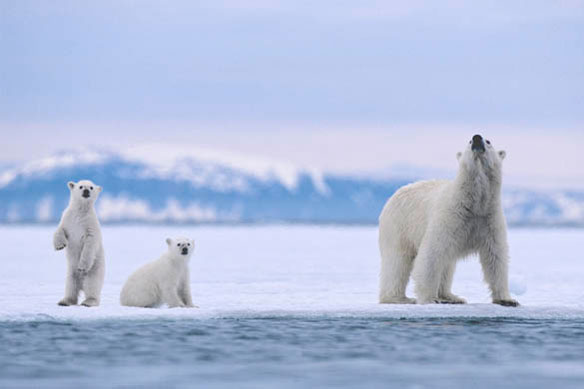
Sea ice has done some extremely odd things in 2016, as climate change is reshaping the Arctic faster than the rest of the planet. According to a new study, there’s a 71 percent chance that the global polar bear population will fall by over 30 percent in the next three decades. The only hope for the polar bear is to reduce carbon emissions, in the hope that the runaway pace of Arctic warming will eventually stabilize and reverse.
